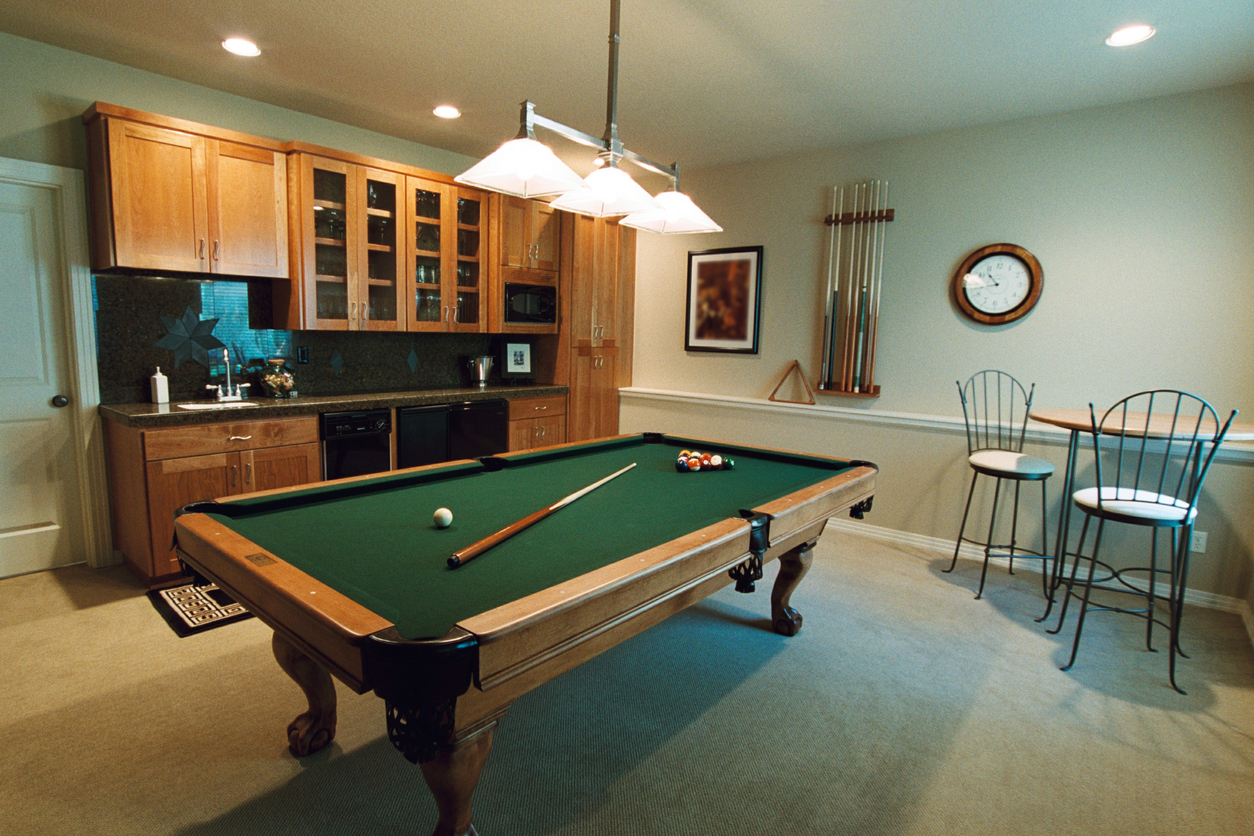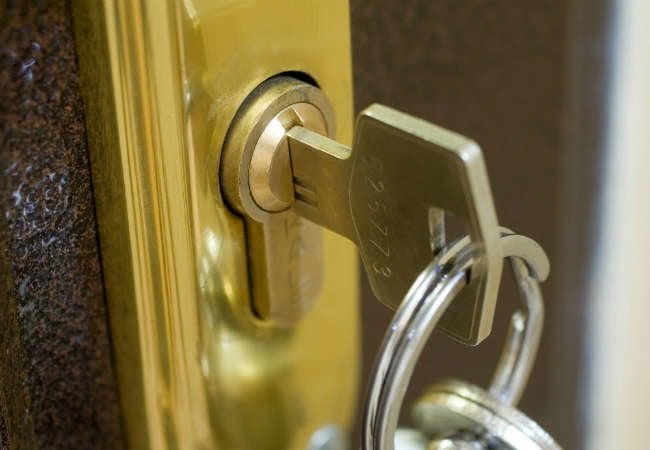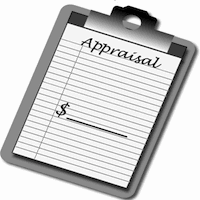We may earn revenue from the products available on this page and participate in affiliate programs. Learn More ›
When you find the perfect house, getting the seller to accept your bid is just the first step in the negotiation process. The terms and conditions of the sale—and even certain items in the home and on the property—also are open for discussion.
However, a lot of your negotiation power might depend on the market. “An incredible lack of houses on the market right now has us in an extreme seller’s market,” says Kris Lindahl, CEO and founder of Kris Lindahl Real Estate, which serves the Colorado, Minnesota, and Wisconsin markets. Negotiations can ebb and flow based on market swings and location.
“The expertise of a local agent is a huge asset when it comes to knowing what you can negotiate in the current market and in the specific neighborhood in which you’re looking to buy, because you have to know the market in order to negotiate,” Lindahl explains. (And that’s just one of the things your realtor wishes you knew.)
Depending on your market, these are some of the terms, costs, and other factors you can negotiate when buying a house.
Related: Moving? 5 Ways to Minimize Surprise Costs
Closing Date
Negotiating the closing date can work in several ways. According to Lindahl, when a buyer is open to the seller’s wishes regarding the closing date, this can help their offer to stand out and be more attractive. But if you’re confident in your offer, you might try to leverage the closing date in another way. “If the seller needs extra time, buyers can give it in exchange for a slightly lower price,” explains John Walkup, co-founder of UrbanDigs in New York City, N.Y.
On the other hand, sometimes, it’s the buyer who needs a flexible move-in date. “Some buyers will negotiate for an early occupancy of the property, which can be helpful if their lease is going to end prior to closing on the home,” says Tyler Forte, CEO at Felix Homes in Nashville, Tenn.
“This gives the buyer an opportunity to move into the new home prior to closing, which can make the moving process a lot less stressful.”

Closing Costs
The closing costs associated with buying a home can get pretty expensive, but you might not have to pay them all. “Closing costs are separate from the price, so many buyers assume these costs are standard, when in fact many can be negotiated, especially if the market is favoring buyers at the moment,” Walkup shares.
In other words, you can ask the seller to contribute to your closing costs. “However, buyers and their attorneys should confirm the amount with the mortgage bank, because banks can have limits on how much is allowed,” explains Mihal Gartenberg, an agent at Warburg Realty in New York City, N.Y.
A CEMA
If you live in the state of New York—and 19 million people do—you might be able to negotiate a CEMA (Consolidation, Extension and Modification Agreement). “If the buyer and seller both have a mortgage, you may be able to negotiate a CEMA, which allows buyers the ability to assign the old mortgage and consolidate and amend it with a new mortgage for refinances, and in some cases, purchases,” explains Karen Kostiw, an agent at Warburg Realty in New York City, N.Y.
“Using this strategy, buyers pay the tax on the difference between the seller’s current balance of the outstanding mortgage (old mortgage) and the purchaser’s new mortgage,” says Kostiw.
Her colleague, Warburg agent Christopher Totaro agrees, and adds, “When purchasing a condominium or a single family home and the seller has an existing mortgage, agreeing to do a CEMA can save approximately 2 percent in mortgage recording tax.” However, he warns that CEMAs can take 30 days or longer to process. Depending on the bank, you could be waiting several months, so this might not be a good negotiation tactic if you’re in a hurry.
Related: 5 Things Your Mortgage Lender Wishes You Knew

Appliances
Many people think that the washing machine, dryer, and refrigerator are all automatically included in the price of the home. However, Forte says this is a common misconception. “Unfortunately, these appliances are not considered fixtures and are not included with the house unless negotiated in the sales contract,” he explains. “It is very common for sellers to convey these appliances if you include them in the offer, so I would make sure to ask for them during the negotiation process.”
Related: Choosing Major Kitchen Appliances
Upgrades
Gartenberg says that with a new construction home, you can negotiate home upgrades and additions like storage units at no additional cost. However, don’t waste your leverage on light fixtures, faucets, and unusable space. Homeowners erroneously pay extra for these features, but many of them are inexpensive and easy to add.
Consider asking for extra usable space, taller kitchen cabinets, and features that would be costly and difficult to add later. Another consideration: don’t go for home trends likely to disappear soon.

Specific Items in the Home
If you like certain items in the home, you might be able to negotiate for them as well. “Oftentimes a seller may be moving to a new home where the couch doesn’t work, or they have no more room for their piano,” Lindahl says. “In most situations, it doesn’t hurt to ask questions, because specific furniture pieces can be negotiated into some deals.”
Forte agrees, and says one buyer included the seller’s $10,000 commercial lawn mower in the contract. “The property in question was on about 5 acres and the buyers were interested in purchasing the lawn mower from the seller so they would not have to buy a new one,” he explains.
According to Greg Kurzner, president/broker at Resideum in Alpharetta, Ga., sellers have left window blinds and refrigerators (and also transferred home warranties). “Boats, artwork, pool tables, and hot tubs are often topics of negotiation.”
But he’s also seen some unusual negotiations for items like jet skis. “And in one case, there was a problem with closing on time due to a seller delay and the buyer negotiated to have the seller pay for the buyer’s hotel.”
Kurzner says buyers also have paid a seller’s real estate back taxes. “I’ve also had buyers who agreed to keep a dog the seller was going to have to leave behind, and to keep the fish in a koi pond.”
















